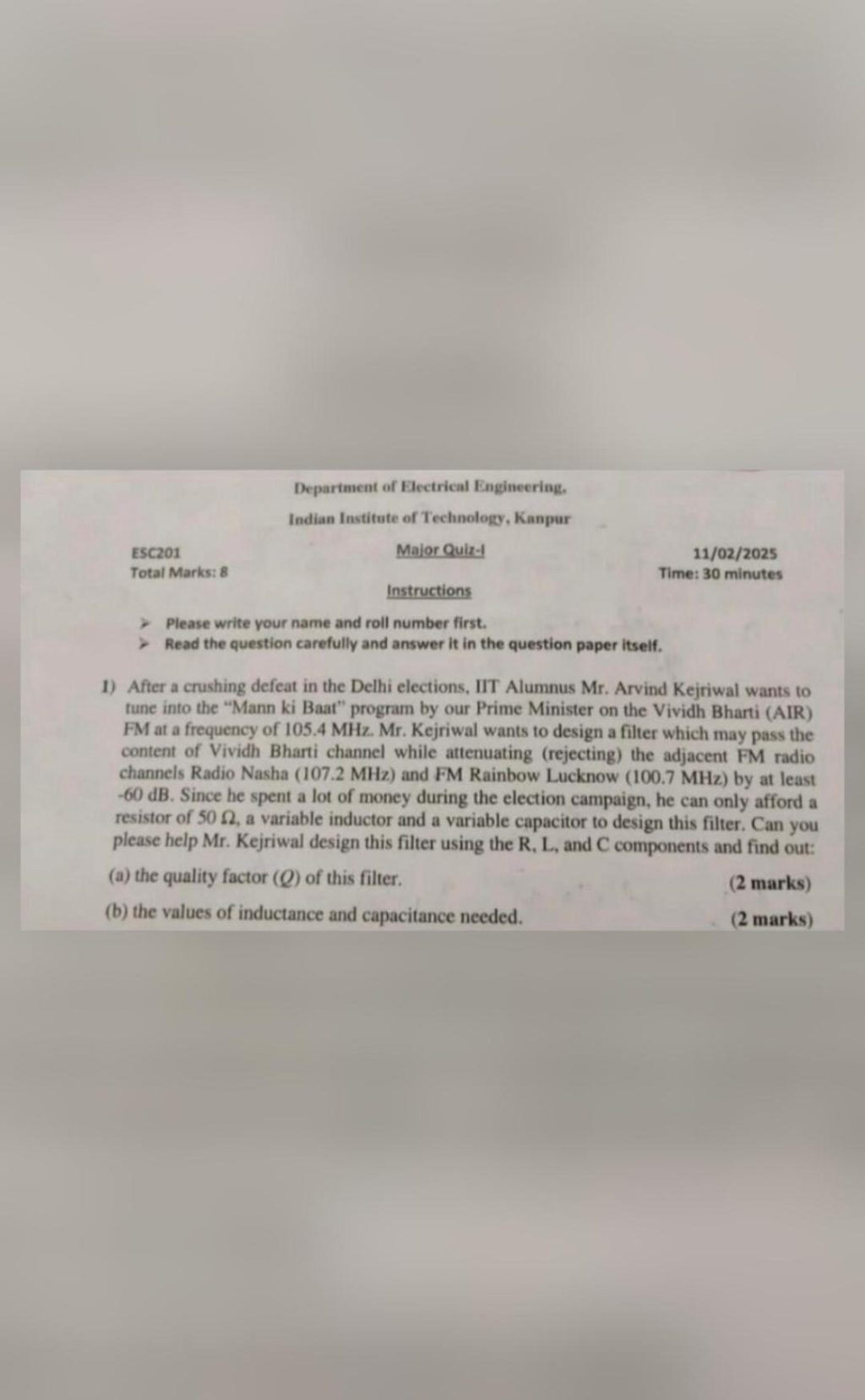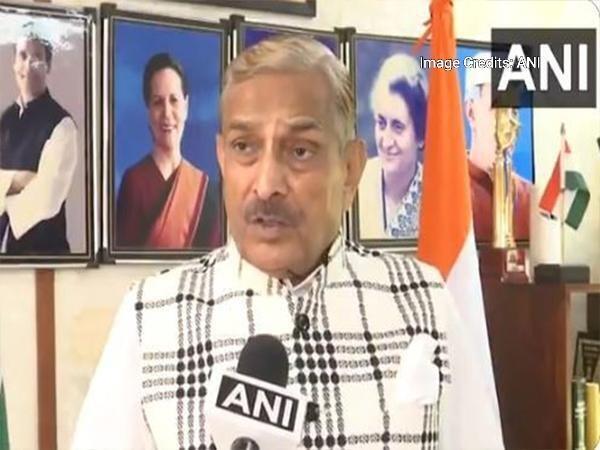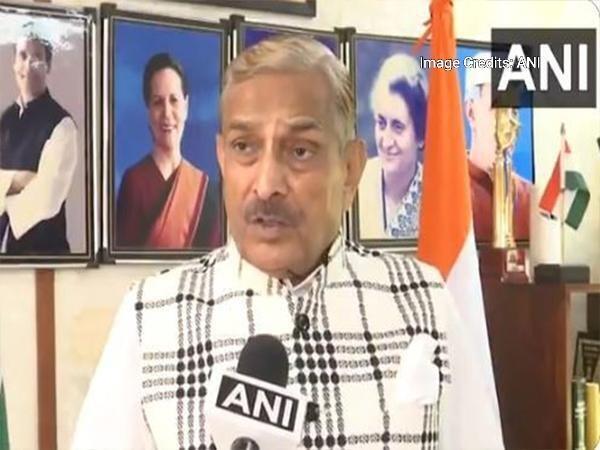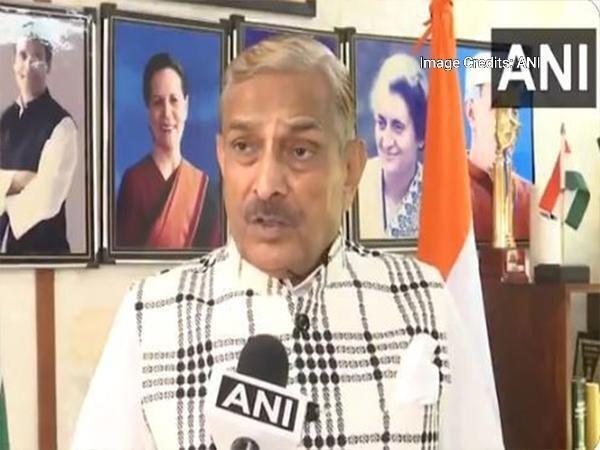
Wanted Exam to be More Engaging: IIT Kanpur on ‘Kejriwal & Mann Ki Baat’ Question
The Indian Institute of Technology (IIT) Kanpur has recently made headlines with a rather unusual question that appeared in one of its exams. The question asked students to design a filter for Arvind Kejriwal, the Chief Minister of Delhi, to help him listen to Prime Minister Narendra Modi’s monthly radio address ‘Mann Ki Baat’ after the AAP’s defeat in the Delhi polls. The question went viral on social media, with many people expressing surprise and amusement at its creativity.
However, what made the situation even more interesting was the confirmation from IIT Kanpur that the question was indeed real. The institute stated that the professor who drafted the question likes to use references to well-known personalities to make exam questions more engaging. This has sparked a debate on whether such unconventional questions can really help in making exams more engaging and effective.
In this blog post, we will take a closer look at the question, its impact, and the implications for the education system in India.
The Question: A Creative Twist on a Common Topic
The question that appeared in the IIT Kanpur exam asked students to design a filter that would allow Arvind Kejriwal to listen to PM Narendra Modi’s ‘Mann Ki Baat’ radio address. The question was part of a course on Electrical Engineering and was intended to test the students’ knowledge of signal processing and filtering techniques.
While the question may seem unusual at first glance, it is actually a clever way to test the students’ understanding of these concepts. By using a real-life scenario, the professor was able to make the question more engaging and relevant to the students’ everyday lives.
The Impact: A Social Media Sensation
The question went viral on social media, with many people sharing and commenting on it. The reaction was largely positive, with many people praising the professor’s creativity and the IIT Kanpur’s willingness to think outside the box.
The question also sparked a debate on whether such unconventional questions can really help in making exams more engaging and effective. Some people argued that the question was a great way to make the exam more enjoyable and interactive, while others felt that it was a distraction from the main purpose of the exam.
The Implications: A New Approach to Education
The question has also sparked a debate on whether such unconventional questions can be used more widely in the education system. Some people argue that this approach can help to make education more engaging and relevant to the students’ everyday lives.
In India, the education system is often criticized for being too rigid and formulaic. The emphasis is often on rote learning and memorization, rather than critical thinking and problem-solving. Questions like the one that appeared in the IIT Kanpur exam could help to change this approach and make education more engaging and interactive.
Conclusion
The question that appeared in the IIT Kanpur exam is a great example of how creativity and innovation can be used to make exams more engaging and effective. By using real-life scenarios and references to well-known personalities, the professor was able to make the question more relevant and enjoyable for the students.
While the question may not have been to everyone’s taste, it has sparked a debate on whether such unconventional questions can be used more widely in the education system. As the education system in India continues to evolve, it will be interesting to see whether such questions become more common in the future.






